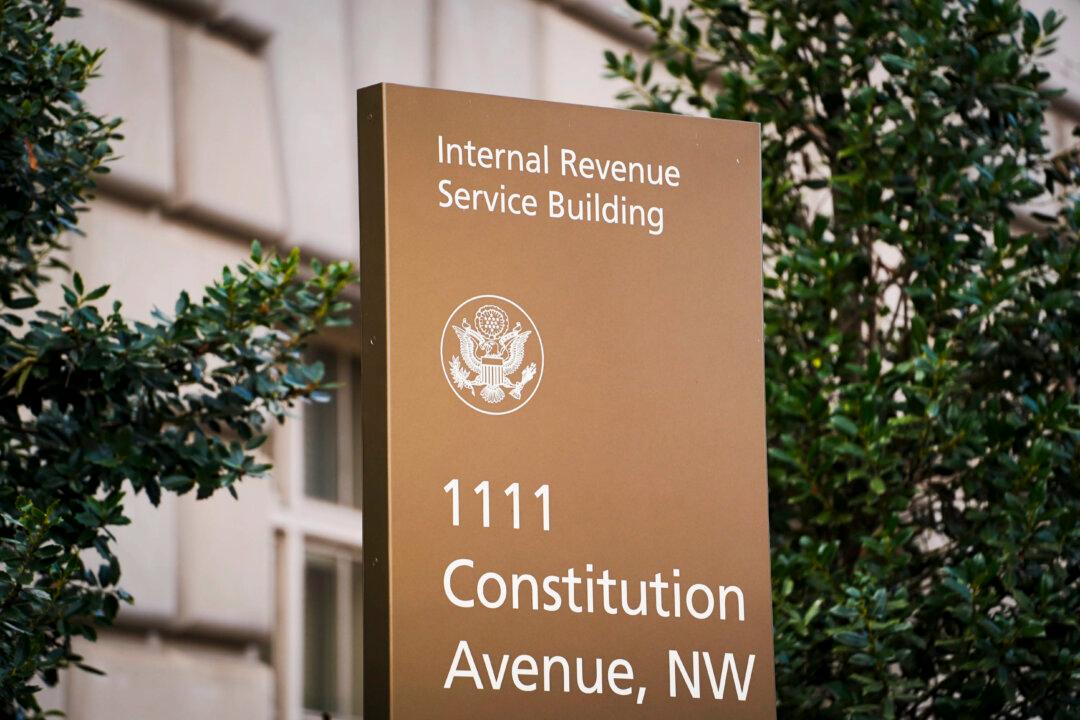The IRS said on Friday that it has recovered more than $1.3 billion from wealthy U.S. taxpayers by increasing its enforcement measures after the Inflation Reduction Act was passed.
Announced in a news release, the agency said in an update that it has recovered $172 million from 21,000 “wealthy taxpayers” who haven’t filed tax returns since 2017. That tax revenue was collected in the first six months of the initiative, it said.





